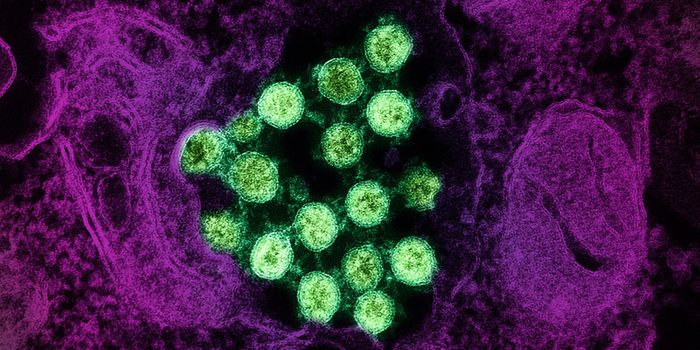Toothbrushing during a hospital stay is more important than you would think
Hospital-acquired pneumonia (HAP) remains a formidable challenge in healthcare, particularly for patients undergoing invasive mechanical ventilation. In a recent systematic review and meta-analysis with results published in the Journal of American Medical Association, findings emerged suggesting a mundane practice—toothbrushing—could play a pivotal role in mitigating HAP risk and improving several patient outcomes.
The meta-analysis had a total of 1285 participants from over 15 different trials, promising a diverse crowd with varying comorbidities. They observed various clinical outcomes in the association between toothbrushing and patient well-being, measured through pneumonia rates, mortality, duration of mechanical ventilation, and lengths of stay in the intensive care unit (ICU) and hospital.
One of the standout findings was a significant association between toothbrushing and lower HAP rates, especially pronounced in patients undergoing invasive mechanical ventilation. The analysis revealed that toothbrushing was correlated with lower ICU mortality rates, shorter durations of mechanical ventilation, and reduced lengths of stay in the ICU. These findings extend beyond just preventing pneumonia, suggesting a broader positive impact on patient outcomes. The consistency of results across various parameters lends credence to the potential benefits of toothbrushing.
Exploring toothbrushing strategies, the study considered factors such as the frequency of brushing, the personnel performing the brushing (dental professionals vs. nursing staff), and the use of electric vs. manual toothbrushes. Interestingly, no evidence emerged that brushing three or more times a day conferred additional benefits over brushing twice a day.
The meta-analysis carries substantial implications for clinical practice. It challenges previous recommendations, such as routine oral care with chlorhexidine, and suggests that toothbrushing might be a more effective strategy, particularly for patients on invasive mechanical ventilation. The study underscores the need to consider toothbrushing as an essential component of standard care, potentially preventing pneumonia and improving overall patient outcomes.
As the healthcare community grapples with evolving standards, this study provides valuable insights into an everyday action that might significantly contribute to patient well-being.
-
MAY 07, 2024Is It Anti-RNP or Anti-Sm/RNP?
-
MAY 08, 2024Expand your Multiomic Capabilities with RNAscope™
- See More
-
APR 30, 2024Immuno-Oncology Virtual Event Series 2024
-
MAY 07, 20243rd International Biosecurity Virtual Symposium
-
MAY 23, 2024For the Love of Digital PCR 2024
- See More

















































